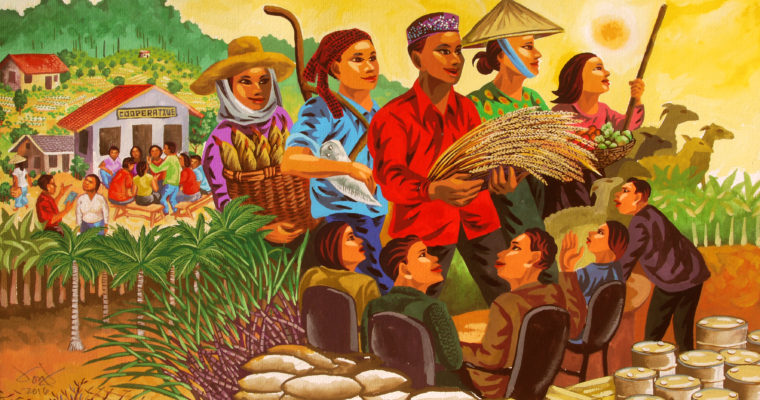The co-operative exists because of members. They are the source of its capital as owners of the co-operative enterprise; they are the source of its income as users of its services. It can be said then that members are key to the success or failure of the co-operative enterprise.
But members can be owners only in name, even if they have put in their capital contribution if they do not exercise their rights and obligations as such. These members exercise joint or co-ownership with other members who, according to the Cooperative Code of the Philippines, “have voluntarily joined together to achieve their social, economic, and cultural needs and aspirations.” As co-owners, they not only make “equitable contributions to capital” but also accept “a fair share of the risks and bene?ts of the undertaking in accordance with the universally accepted cooperative principles.”
Co-ownership also becomes real when members use or patronize the products and services of the co-operative. As users, for instance, members buy production inputs from the co-operative as well as market their produce through the co-operative. This business relationship is critical to the success of the co-operative enterprise.




Comments are closed